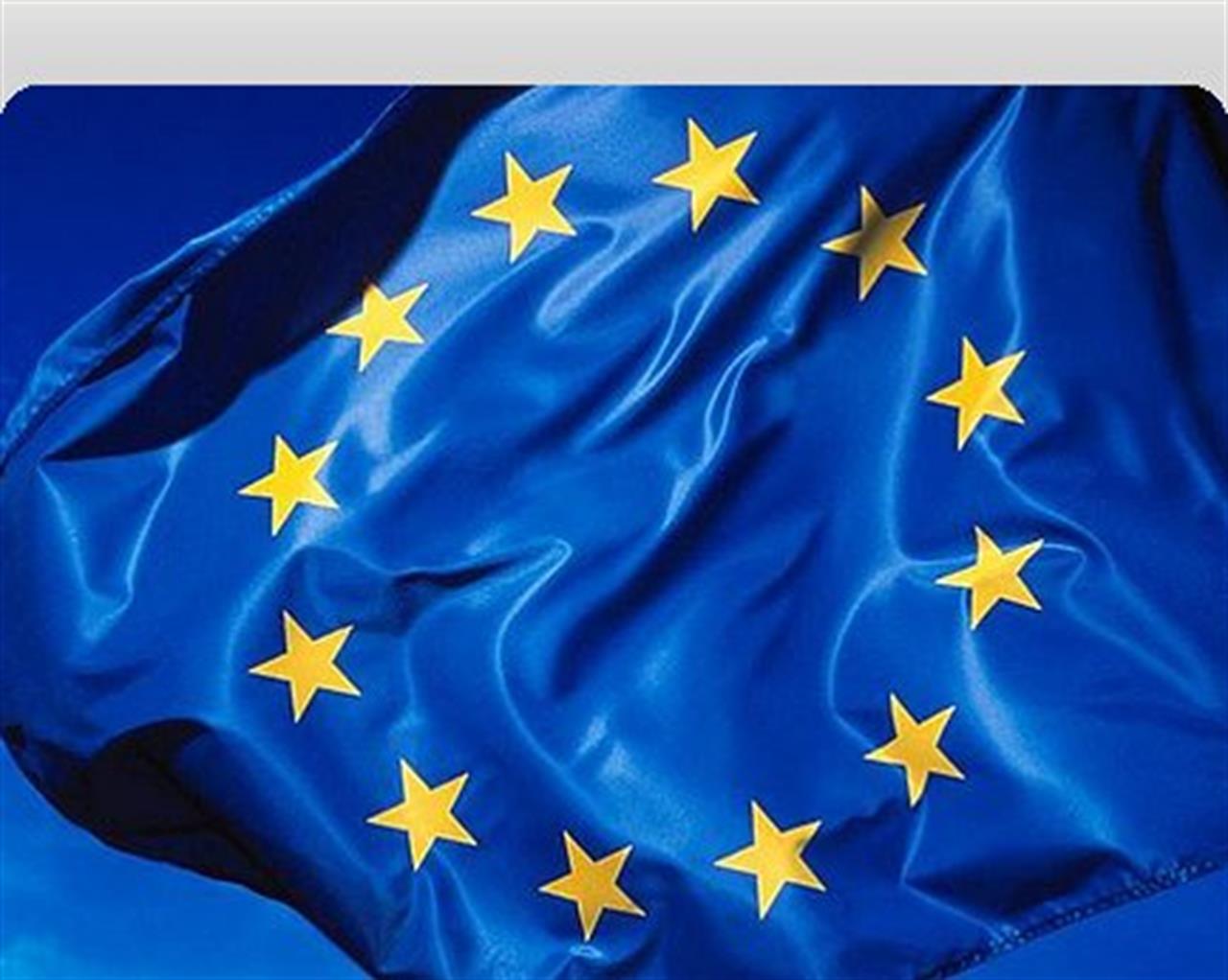Politica
A year for you
2011 is a year for you. This is what you should expect (and demand) from it.

Its now or never! For the volunteers of the “old” continent, the 2011 European Year for Volunteering is the chance of a lifetime. The chance that could change the fate of a world which according to a study published by Eurobarometer last May, is made up of one out of every three Europeans. The opportunity is even more significant because 2011 is also the tenth anniversary of the United Nations’ international year for volunteering.
To promote a sector that in Europe alone contributes 0.5 to 5 percent of member states’ GDPs, the European Union has assigned the management of the year to the European Commission and national governments. It is up to them to work with and involve Europe’s volunteering organisations in the event.
“It won’t be easy, we will have to fight on all fronts for our voice to be heard,” says European Member of Parliament (EMP) Marian Harkin. In hard times such as those we are living, budget cuts are crushing thousands of organisations. Under the under-watchful eye of the media, who are too busy discussing the future of the euro, the risk that the European Year will go unnoticed in the midst of a generalized indifference is real. The most evident proof lies in 2010’s Year Against Poverty. Those who follow social issues in Brussels knows the extent to which the conferences and debates organised by the European institutions were literally deserted by EU reporters.
Perhaps this is why the European Commission has decided to use most of the 8 million euros provided by the EU to raise awareness among European citizens of the importance of volunteering. “This year is an opportunity to attract other citizens to this sector,” declared Viviane Reding, European Commissioner for Justice, Fundamental Rights and Citizenship. Mireille Pascot, who is in charge of France Bénévolat, one of France’s most important volunteering platforms, agrees. “Communicating well to the masses can help us to overcome the foggy image that volunteering can’t seem to shake off. That’s why we will organize a big awareness raising campaign in French high schools. Our fear is that the Year won’t come up with any well defined proposals”.
Some of the emergencies identified by the Commission include the lack of legislative tools that recognize and safeguard the work carried out by volunteers – such as insurance. But also the absence of a legislative framework (16 countries out of 27), the need to measure the economic value of volunteering precisely, the impossibility of including the contribution provided by volunteers in the budgets of projects co-financed by European institutions and the continued non-recognition of volunteering as integral part of young people’s educational and professional training.
This is a point that Androulla Vassillou, European Commissioner for Education and Culture, is adamant about and in fact intends to include volunteering experiences in the Europass curriculum. “The same recognition should be awarded at university,” says Stefania Macchioni, liason officer for Italian volunteering organisations at the European Volunteer Centre (CEV) in Brussels. The CEV represents 80 national and regional volunteering organisations across Europe. “Students should be given credits for the hours spent volunteering,” she says.
Considering the challenges it will have to face throughout 2011, the Commission has outlined four rather vague objectives including “strengthening volunteering organisations” through co-financed projects which actually favour organisations that are already well established. “None of the smaller organisations are able to participate in a call that requires 40 per cent co-financing,” highlights the vicepresident of CEV, Renzo Razzano. Then there is that crucial challenge of the volunteering world joining the board of the European Union Agency for Fundamental Rights. In the meantime, a White Book or at least a recommendation in favour of volunteering might sooth the tempers. Its the least that volunteers should expect.
Find out more: European Year for Volunteering opening conference
17 centesimi al giorno sono troppi?
Poco più di un euro a settimana, un caffè al bar o forse meno. 60 euro l’anno per tutti i contenuti di VITA, gli articoli online senza pubblicità, i magazine, le newsletter, i podcast, le infografiche e i libri digitali. Ma soprattutto per aiutarci a raccontare il sociale con sempre maggiore forza e incisività.
